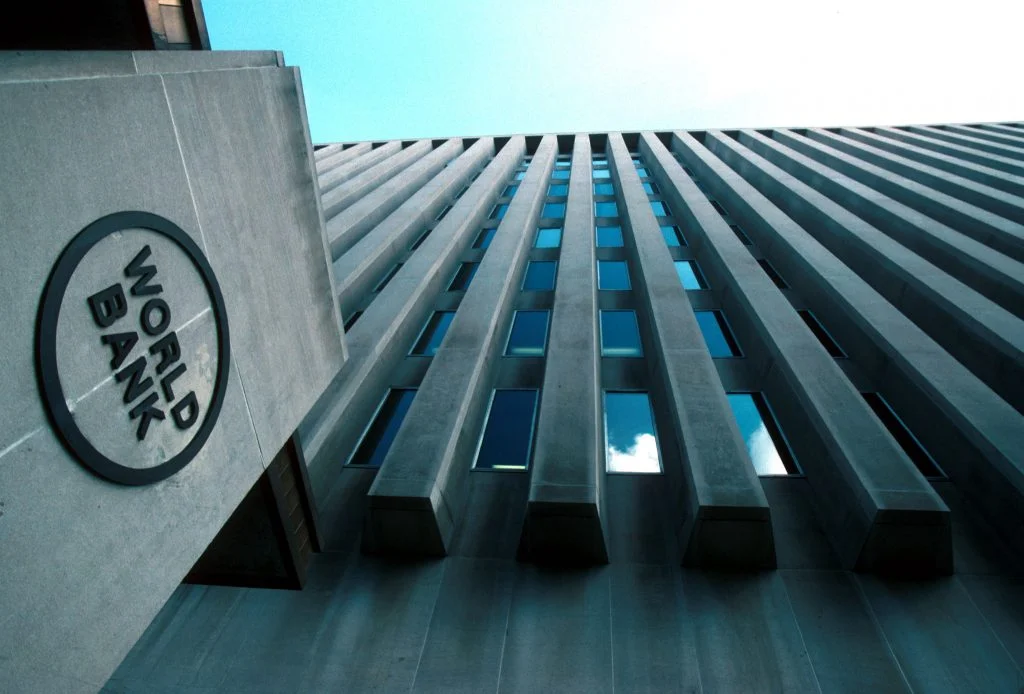Abuja – The World Bank has issued a projection indicating the Nigeria poverty rate is expected to climb in the coming years. According to the Bank’s latest Africa’s Pulse report, poverty in Nigeria is forecast to increase by 3.6 percentage points between 2022 and 2027.
Economic Gains Undermined by Structural Issues
While Nigeria has seen some positive economic activity, particularly outside the oil sector, the World Bank warns that deep-rooted structural problems tied to resource dependency are holding back progress. The report specifically states, “Poverty in resource-rich, fragile countries—including large economies like Nigeria and the Democratic Republic of Congo—is projected to increase by 3.6 percentage points between 2022 and 2027.” This forecast points to challenges ahead for improving the Nigeria poverty rate.
Regional Poverty Trends and Nigeria’s Position
The report underscores that Sub-Saharan Africa remains the global epicentre of extreme poverty, home to 80% of the world’s 695 million poorest people. Within this context, resource-reliant nations like Nigeria are expected to find poverty reduction more challenging. Factors like volatile oil prices and less effective government financial structures contribute to this outlook. In contrast, countries in the region without significant resource wealth are seeing better growth, partly boosted by higher prices for agricultural goods.
Path Forward: Fiscal Strength Recommended for Nigeria Poverty Rate
To counter the projected rise in poverty, the World Bank recommends Nigeria focus on strengthening its public finances. Improving fiscal management and building a more reliable “fiscal contract” between the government and its citizens are highlighted as key steps. The Bank suggests these actions can foster more inclusive economic growth and achieve lasting poverty reduction. The report notes a stark reality: countries dealing with both resource wealth and fragility or conflict face the highest poverty rates, averaging 46% in 2024.
Abiodun Labi






[…] stakes are high. The Central Bank of Nigeria has even set a target to boost monthly remittance inflows to $1 billion. This goal highlights just how much the […]